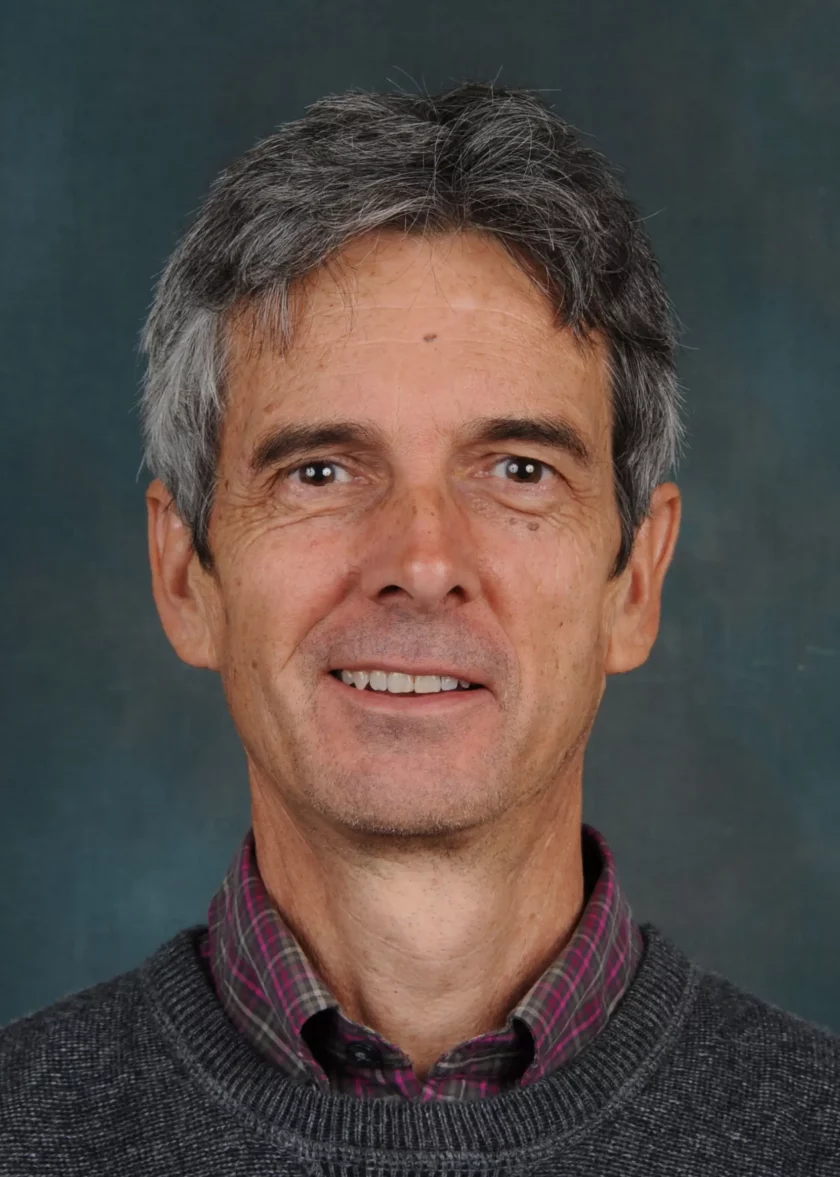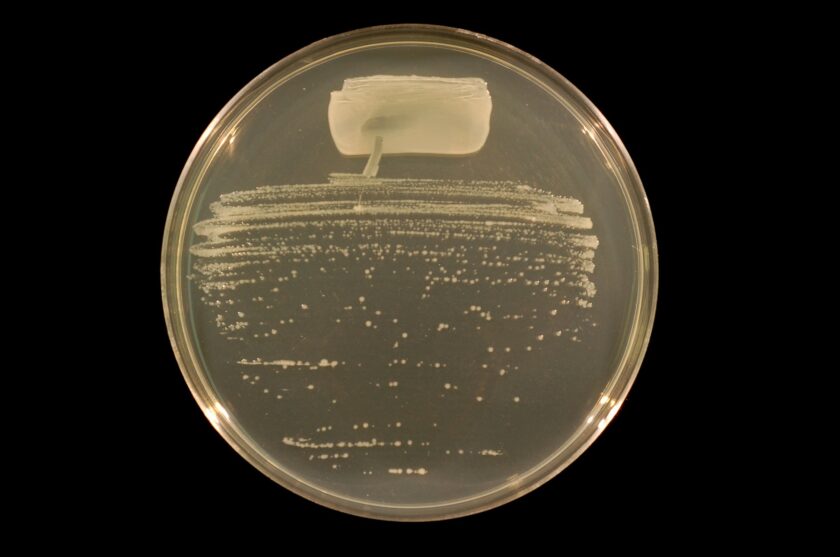We are delighted to confirm that Professor Philip Poole, a Senior Research Fellow of Somerville College, was elected to the Fellowship of the Royal Society on 13th May 2025.

Professor Poole
A globally respected plant biologist, Professor Poole specialises in the study of bacterial genetics and the molecular biology of plant-associated bacteria. His research group’s emphasis is to study the physiology of bacterial growth and survival in the rhizosphere and how bacteria establish symbiotic interactions with plants, including root attachment and colonisation. A particular focus is the physiology and biochemistry of how rhizobia fix N2 in legume root nodules. Most recently, Philip and his team have succeeded in developing methods to engineer cereals that control bacterial traits including N2 fixation.
This year’s cohort of Fellows elected to the Royal Society includes trailblazers across a wide range of fields, from artificial intelligence and electron microscopy to global health and neuroscience. Professor Poole’s election sees him join many of the world’s most eminent scientists including Isaac Newton, Charles Darwin, Albert Einstein and Somerville’s very own Dorothy Hodgkin, who remains the first and only British woman to win a Nobel Prize for Science.
This recognition confirms that sticking with an area that matters to the global sustainability of agriculture is worth the long haul
Professor PHILIP POOLE
Speaking about the honour, Professor Poole told us, “I feel humbled to be elected as a fellow of the Royal Society, but I realise this is recognition of all the amazing students and postdoctoral researchers who have come through my lab. Ultimately, it is their work that is being recognised and confirms that sticking with an area that matters to the global sustainability of agriculture is worth the long haul.”

Rhizobium tropici on an agar plate
Principal Jan Royall added, “It is a tremendous pleasure to see Professor Poole receive this superlative recognition of his work. He is an excellent colleague, doing vital research, and I have no doubt that his election to the Royal Society will enable him to further the scope and impact of that work for many years to come.”